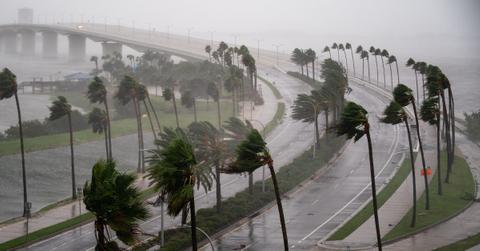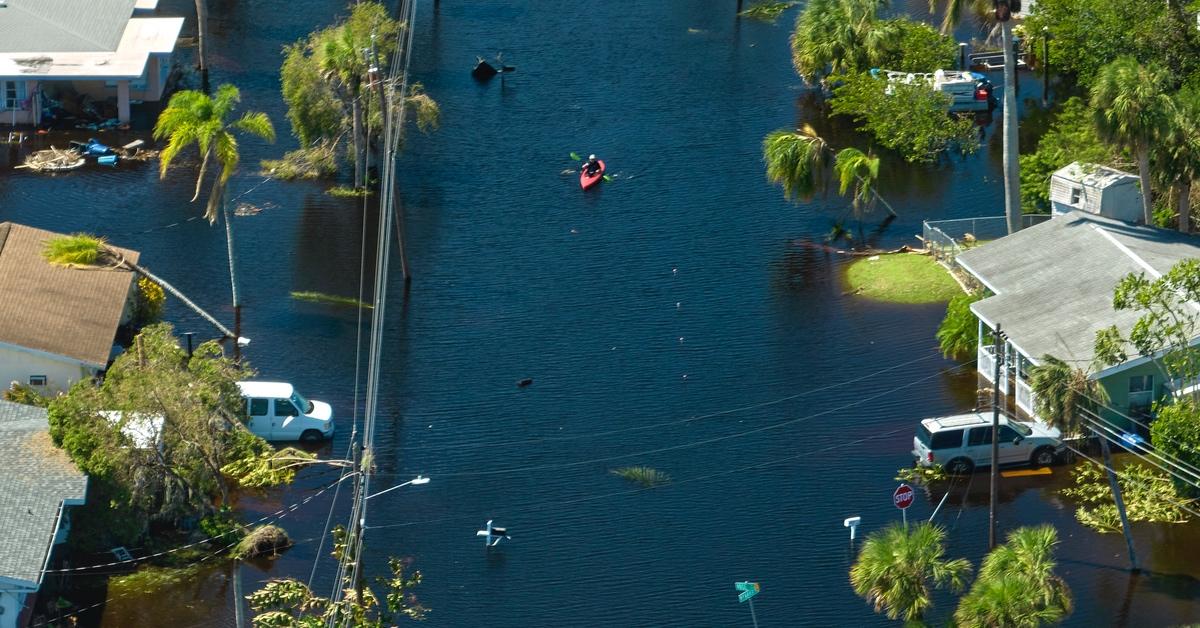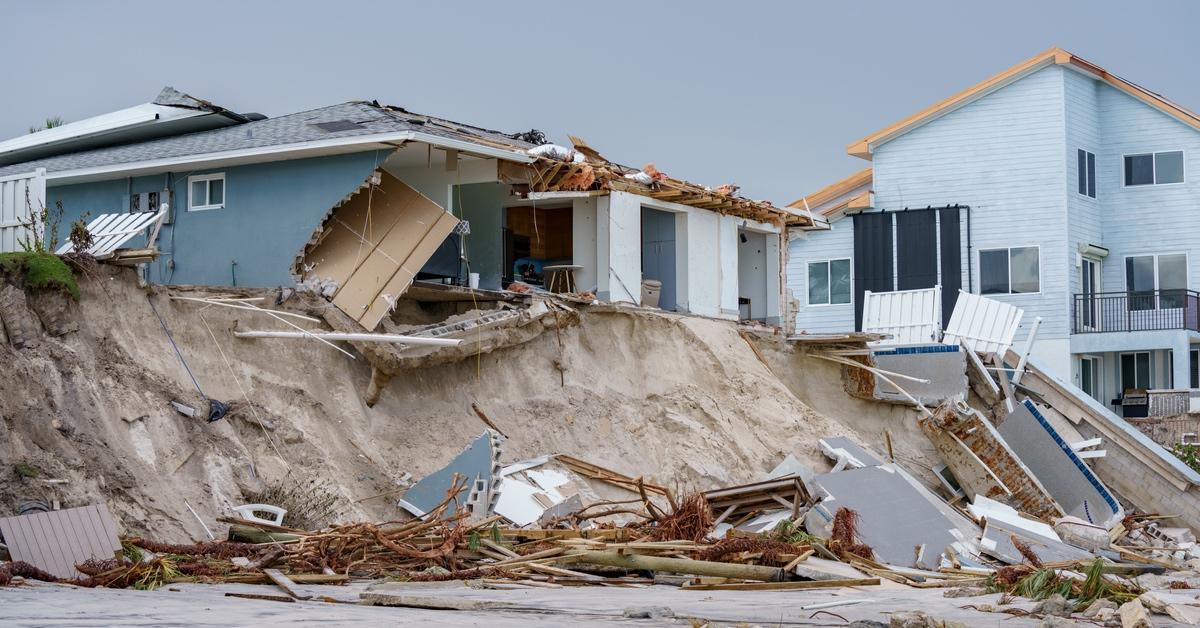Thanks to Climate Change, Hurricanes Are Getting Stronger: Should There Be A New Category?
Updated Feb. 9 2024, 11:11 a.m. ET

One of the most ominous aspects of the climate crisis is the steady increase in the severity of natural disasters such as flooding and tropical storms. Climates that were already hot or cold are extending into higher temperatures, melting glaciers, and drying up vital bodies of water.
A study published in February 2024 draws attention to the current limits of the Saffir-Simpson hurricane wind scale when it comes to examining wind-hazard risk from rapidly intensifying hurricanes. Here's everything you need to know about the study and if a "Category 6" will become a reality.

Hurricanes increase wind-hazard risks beyond the current category scale, thanks to climate change.
According to the National Parks Service, the Saffir-Simpson hurricane wind scale has five categories based on the effects a storm could have, such as wind speeds and anticipated damage. The lowest is 1, and the highest is currently at a 5, with wind speeds greater than 155 miles per hour and catastrophic roof damage or flooding.
In a study published on Feb. 5, 2024, in Proceedings of the National Academy of Sciences, co-authors Michael F. Wehner and James P. Kossin explore what expanding the Saffir-Simpson hurricane wind scale to include a sixth category might achieve.
However, they wrote: "Our results are not meant to propose changes to this scale, but rather to raise awareness that the wind-hazard risk from storms presently designated as category 5 has increased and will continue to increase under climate change."
While that means there likely won't be a "Category 6" hurricane anytime soon, here's why it may be worth considering altering the scale.

In the study's abstract, the authors point out a "weakness" of the current scale: that regardless of the damage done during a hurricane, the scale remains constant, not considering stronger storms created by climate change. Therefore, a potential "Category 6" would allow for worse storms to be tracked accordingly, especially because Wehner and Kossin state, "a number of recent storms have already achieved this hypothetical category 6 intensity."
In an interview with The Guardian explaining their research, Wehner reiterated that the study's "main purpose is to raise awareness that climate change is affecting the most intense storms."
He also stated, "There haven't been any [tropical storms] in the Atlantic or the Gulf of Mexico yet, but they have conditions conducive to a category 6; it's just luck that there hasn't been one yet. I hope it won't happen, but it's just a roll of the dice. We know that these storms have already gotten more intense, and will continue to do so."

How does the climate crisis contribute to stronger hurricanes?
The climate crisis is a significant contributing factor toto stronger hurricanes. According to NASA, climate change and warming global temperatures allow hurricanes to hold more water vapor, increasing intense rainfall during a storm. Additionally, NASA notes that while climate change might not change the number of hurricanes in a year, it does mean more intense storms with higher chances of destruction.
This article, originally published on Feb. 6, 2024, has been updated.